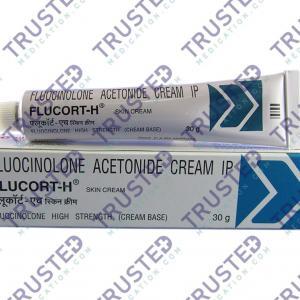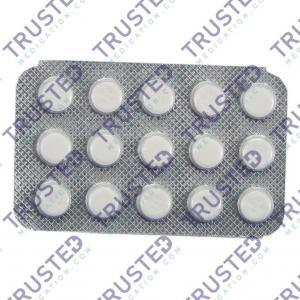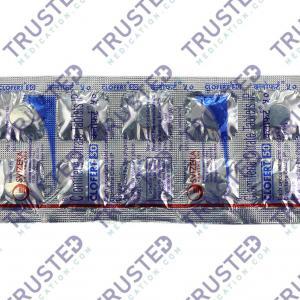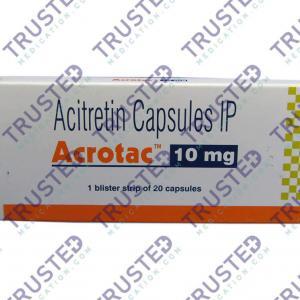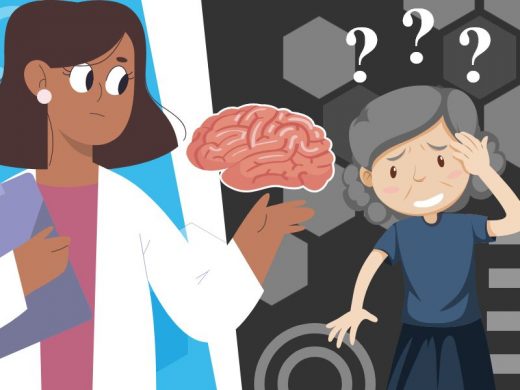
Alzheimer’s Disease is a progressive neurologic disorder that causes the brain to shrink and brain cells to die. It is the most common cause of dementia. Dementia is a continuous decline in thinking, behavioral, and social skills that affect functioning independently. Alzheimer’s Disease accounts for 60-80% of dementia cases.
Difference Between Alzheimer’s Disease and Dementia
Alzheimer’s Disease is not a normal part of aging. Dementia is a term describing the symptoms that impact memory, the performance of daily activities, and communication abilities. Most dementias occur as a result of Alzheimer’s Disease. It worsens with time and affects memory, language, and thought.
Symptoms of Alzheimer’s Disease

- Memory loss
- Poor judgment leads to unhealthy decisions
- Unproductivity of daily tasks
- Loss of spontaneity and sense of initiative
- Repeating questions
- Wandering and getting lost
- Losing things or misplacing them in odd places
- Increase aggression and anxiety
- Mood and personality changes
- Confusion and inability to learn
- Problems recognizing family and friends
- Hallucinations, delusions, and paranoia
- Impulsive behavior such as undressing at inappropriate times or places or using vulgar language
- Inappropriate outbursts of anger
- Repetitive statements or movement, occasional muscle twitches
Severe Symptoms of Alzheimer’s Disease include:
- Weight loss
- Seizures
- Skin infections
- Difficulty in swallowing
- Grunting and moaning
- Increased sleeping
- Loss of bowel and bladder control
The 7 Stages of Alzheimer’s Disease
- The normal outward behavior. The Disease starts silently and changes the brain that begins years before anyone notices a problem. It does not show symptoms.
- Very mild changes. It shows symptoms of forgetfulness and misplacing objects. It interferes with the ability to work or live independently.
- Mild decline. Symptoms are noticeable through actions as it affects the thinking and reasoning skills.
- Moderate decline. The problems of thinking and reasoning are noticeable with additional health problems. It includes forgetting details about themselves or trouble in doing tasks with multiple steps.
- Moderately severe decline. Patients start to lose track of where they are and what time it is. It also leads to trouble in remembering their address, phone number, and other details.
- Severe decline. The adverse symptoms occur and, they might not recognize faces or names. Delusions might set in, such as thinking they need to work even though they no longer have a job.
- Very severe decline. Most abilities in a person with Alzheimer’s Disease start to fade. In this stage, people with Alzheimer’s Disease need a lot of help from caregivers.

Risk factor of Alzheimer’s Disease
- Family history or genetics
- Age
- Down syndrome
- Mild cognitive impairment
- Head trauma
- Pollution
- Excessive alcohol consumption
- Poor sleep patterns
- Unhealthy lifestyle
Treatment for Alzheimer’s Disease
The process of diagnosing AD includes a physical exam, neurological exam, brain imaging, and lab test to check for memory loss. Alzheimer’s Disease has no cure but, you can control the symptoms. Drugs for AD include:



